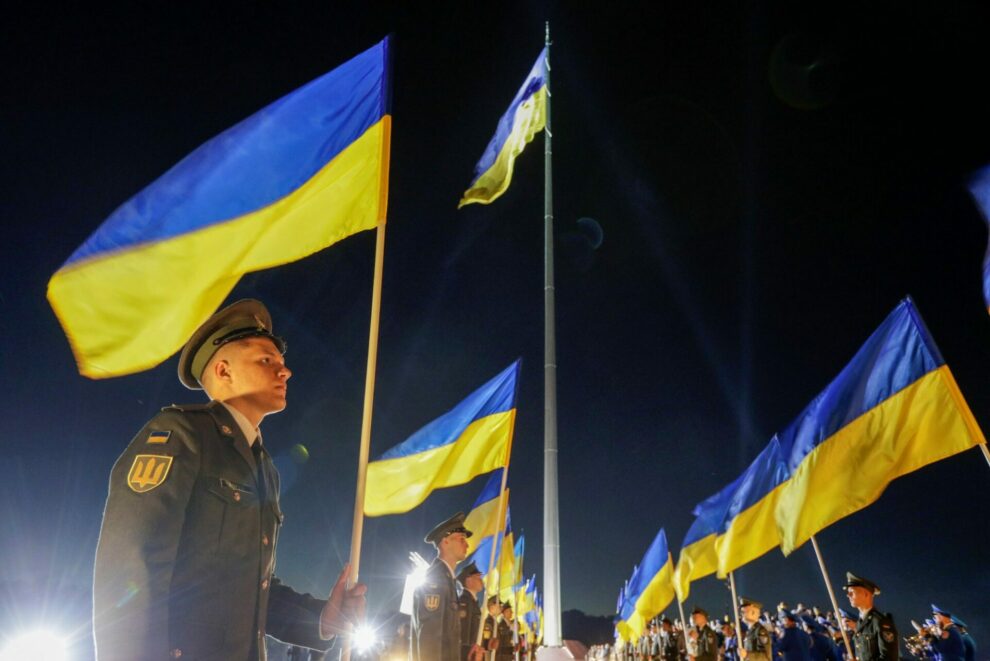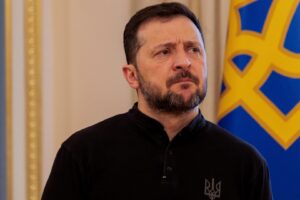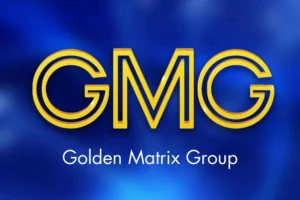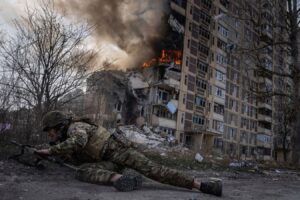In eastern Europe, a region once dominated by Moscow and with deep resentment of Russia, anti-Western disinformation is making surprising inroads as the Ukraine crisis deepens.
In recent weeks, videos have circulated online in the region, supposedly showing Ukrainian troops getting ready for an invasion or entering Russian territory — claims rejected as false by Kyiv.
AFP Fact Check found some of these videos showed unrelated military drills filmed years earlier. Some of the footage came from 2014, when Russia annexed Crimea, while another was a 2018 video masquerading as a BBC report.
Some fakes “portray NATO as the one being responsible for the current situation, while Russia is supposedly just resisting long-standing efforts to threaten its security,” said Bohumil Kartous, a spokesman for the Czech Elves, an online vigilante group.
“This resonates with a certain segment of the population,” he added, referring to the Czech Republic, which has sent ammunition to help Ukraine.
“For some, it builds on similar earlier claims and cements their conviction. For others, it creates a sense of insecurity which in turn creates resistance to the (Czech) government’s efforts to help Ukraine defend itself,” he said.
Many misleading posts portray the Ukrainian government as corrupt, neo-Nazi and russophobic.
That kind of rhetoric is “straight out of Putin’s mouth,” according to Frantisek Vrabel, the founder and CEO of Prague-based Semantic Visions, which identifies potential disinformation based on the use of language patterns online.
Vrabel told AFP that the sheer amount of anti-Ukrainian and anti-NATO rhetoric increased 75 times online since last October in the Czech Republic alone and has replaced Covid-19 as the main topic of disinformation.
“The main themes are that the Russians are the liberators and that there is genocide in Ukraine,” he said. “This is now the dominant narrative.”
‘Huge uptick’ in disinformation
Slovakia, a European Union and NATO member that neighbors Ukraine, seems to have been particularly susceptible to pro-Kremlin disinformation even as Russia has massed troops on Ukraine’s border.
The country of 5.5 million, which shares a 97-kilometer (60-mile) border with Ukraine, signed a defense pact with the United States this month, allowing U.S. troops to operate on its territory.
That agreement provoked fierce opposition from the government’s political rivals as well as a sizeable part of Slovakia’s population and became a favorite target of disinformation and propaganda.
As a result, anti-US, anti-NATO and even anti-EU sentiments are on the rise in Slovakia.
An opinion poll last month by the Slovak Focus agency found that 44 percent of respondents believed the U.S. and NATO were responsible for the escalating tensions between Russia and Ukraine, while only 35 percent held Russia responsible.
The anti-NATO narrative is particularly significant as one of Russia’s demands has been for the withdrawal of additional NATO forces sent to the region in the wake of Moscow’s annexation of Crimea.
Roman Maca, an analyst at the Institute for Politics and Society in Prague said there had been “a huge uptick” in disinformation in the region.
Maca said it was “interesting to see how many people and groups which have in the past two years fought against Covid measures now jump on the pro-Russian propaganda and start spreading this type of misinformation.”
One example is Chcipl pes, a group originally founded to defend interests of Czech restaurant owners during the Covid crisis, which posted a text about “Ukraine with its collapsing, corrupt economy, which needs to find someone to blame.”
“If there is genocide in the separatist republics, Putin will be left with no choice,” it said.
‘Alternative reality’
In parts of the region that have traditionally been more pro-Russian, Moscow’s narrative of Ukrainian aggression is already well-cemented.
Serbian tabloids this week repeated an unverified claim that Russian forces had destroyed two Ukrainian armored vehicles that entered Russia.
“Ukraine attacked Russia!” screamed the front pages of Serbian tabloids on Tuesday, hours after Russian President Vladimir Putin announced he would recognise two separatist regions in Ukraine and order troops to be sent in.
“In the last weeks, we have observed all sorts of false flag operations. It starts from the Kremlin, it goes through the official media, it goes through all these fringe and social media with photos that are doctored, with claims that are doctored,” said Ruslan Stefanov, programme director at the Bulgarian Centre for the Study of Democracy.
Reading such posts, “you would think that Ukraine all of a sudden went completely crazy and started going all-out war against Russia,” he said.
“This is a state-sponsored alternative reality.”
Source: The Moscow Times









